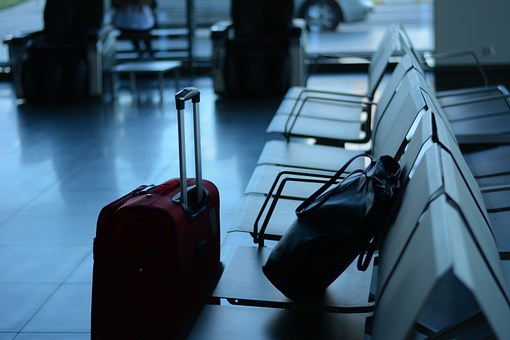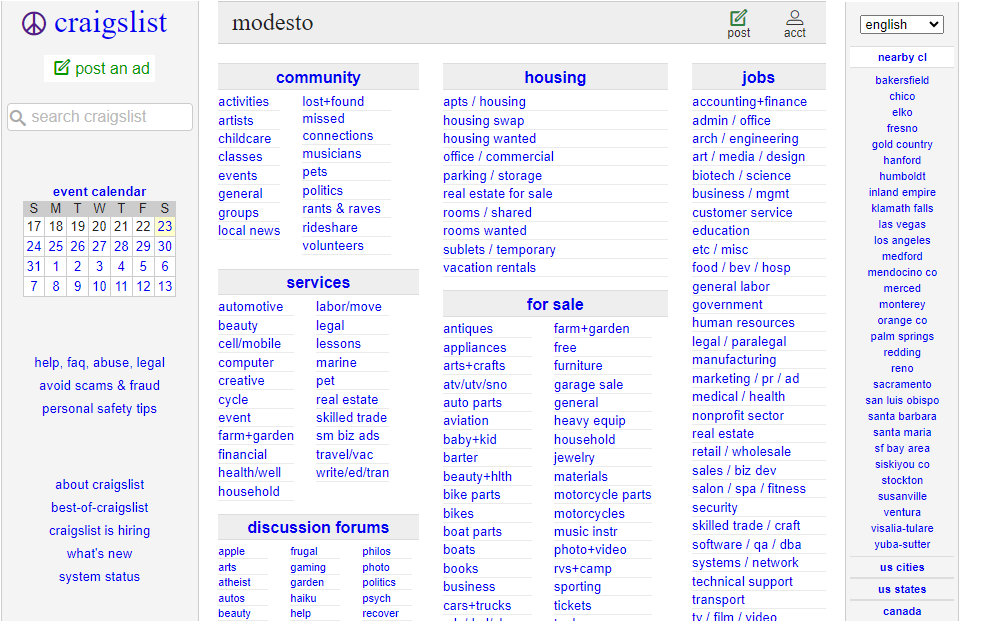In an ever-growing global world, nowhere seems off the beaten track. Your business will work with a variety of companies across the globe, and although more and more often we are opting for Skype calls instead of meetings in the flesh, it is still a regular part of any global business, your staff members will have to go on a business trip. However, business trips aren’t always that popular in the office. So, My Baggage to create this guide on how to make business travel easier for your staff.
You need to create a business travel policy
Does your business currently have a travel policy, if not, then why? It’s important for your business to have a policy that will help to effectively plan and manage business trips. If you don’t have one, this can cause your business to lose money and deliver an inadequate strategy to employees, who may not even want to be going on the trip in the first place. You need to make sure you have this part in place in order to make the most of your business trip and make sure you get a good ROI compared to the funds you will fork out covering the trip and travel expenses. This is why a business travel policy is essential.
Still not convinced? We’ve outlined three reasons why you need a business travel policy below
- To give clear guidelines on how to book for business travel
You need a business travel policy to give clear guidelines on how to book for business travel. This means that everyone who is going on a business trip has to adhere to these guidelines, no matter who they are in the company. This ensures that there are clear guidelines to refer to, so in theory, there will be no errors made. It also makes for a more harmonious staff, as everyone will follow the same guidelines, regardless of their role in the company.
The guidelines will also make sure that everything is done the same financially and that certain cost-effective means are used to ensure that the right amount of money has been spent on the trip. There’s no use getting a suite at the Ritz, these guidelines are about ensuring that you get the most out of your trip, even if it means sticking to a budget.
- Cut out the costs
Business travel can have a financial impact on your company. This is why it is important to have a clear business travel policy. You want to make sure your business trip ends up making you money, not costing you money. If you don’t have a business travel policy, then how will you know how much to spend and what your spending guidelines are?
3.To give clear guidelines on all aspect of business travel
It’s no good just having guidelines on one aspect of your business trip, you need to create a policy that covers everything. Make sure that your policy states clear guidelines that cover transport, accommodation, expenses and delays and cancellations.
Also, make how your employees are able to reclaim costs transparent and clear. If employees know what they will and won’t be reimbursed for, then they maybe mightn’t splurge for a three-course meal at your expense. This is why it is so important to make sure you have everything covered in your policy and it is clearly laid out for all to see.
Not only will this make your job easier but it will also ensure that there are no issues amongst staff in the workplace. If everyone knows where they stand regarding a matter then it is open and transparent and you are less likely to have any employee conflicts.
Okay, so now we have a business travel policy, how can we make business trips easier for employees?
There are a few ways that you can make business trips more appealing to your staff. We have outlined them below.
- Make business trips quick and easy to plan
Staff members should be able to navigate your company business travel policy and plan their trip seamlessly. This should not be a stressful or confusing process. You want to make sure it is as easy for them as possible.
- Respond to staff feedback
It is important that if a staff member gets in touch and voices some concern regarding the company business travel policy that you listen to it and respond effectively.
- Be aware of your staff’s wellbeing
Going away on business trips often can lead to many staff feeling stressed and overwhelmed. Being away from home and dealing with the stress of travel can also have an impact on your staff member’s productivity. If you think an employee has taken on this role too often, try to change it up and send other staff members on the trip or alternatively don’t have a trip at all. Never underestimate the power of Skype and how much you can achieve in a Video call rather than a face to face meeting. Not only will you be looking after your staff, but you will be saving yourself a lot of money.
- It doesn’t have to be all work and no play!
It’s a good idea to make sure that your staff can also unwind on a business trip away. It doesn’t have to be all work! In their free time encourage them to explore their new city, even seeing if the prospective company they are talking with can arrange some activity, such as a sightseeing tour or dinner which showcases cultural food. This will give your staff member a great excuse to get to know your new business partners but also unwind after a stressful day of travelling.
- Reward employees who stick to their budgets
Employees will stick to the higher limit of their spending budget when you enforce it. Provide your staff with a cost-effective incentive, so that when they make savings on overall travel costs, they can then earn these savings as a bonus. You’d be surprised how many staff members will then decide to make the switch from first class to standard class or to a three or four-star hotel. You as a company will be able to save money and them as the employee will get a reward for saving that money. It’s a win-win situation for both of you and also puts the control of budgeting directly in the hands of your staff member as it is up to them whether or not they want to comply with this. This makes it the perfect reward scheme to include in your business travel policy.







Add Comment